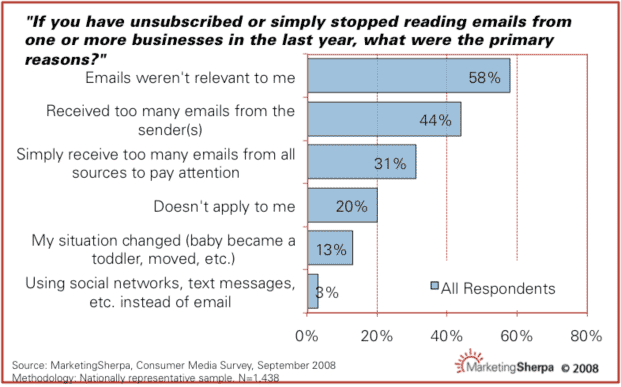 The royal wedding this morning was a spectacular occasion. I was struck by the throngs of people who camped out ahead of time and waited and waited and then stood outside the church and waved flags during the ceremony. All of those people wanted to be a part of something special. They didn’t have to get an invitation to sit on the front row. They just wanted to be near the event so they could enjoy it and say they had been there. People go out of their way to be associated with something special that makes them feel good.
The royal wedding this morning was a spectacular occasion. I was struck by the throngs of people who camped out ahead of time and waited and waited and then stood outside the church and waved flags during the ceremony. All of those people wanted to be a part of something special. They didn’t have to get an invitation to sit on the front row. They just wanted to be near the event so they could enjoy it and say they had been there. People go out of their way to be associated with something special that makes them feel good.
What small businesses can learn is that going the extra mile to make people feel good can set them apart from their competition. This means that you make your customers feel like, well, royalty. In a world of superstores with little service and long checkout lines, you can offer the people you come in contact with something that everyone wants – you can make them feel special.
You may be thinking, “Don’t you do inbound marketing on the internet? How can you make anyone feel special online?” That’s a good question. This is a where social media comes in! Social media allows you to get to know people that you could never have met otherwise. You can like what they say, ask questions about what is going on with them. Making people feel special all comes down to showing them that you care – that you authentically, truly, honestly care. This isn’t something you can fake just because you are not communicating in person.
My daddy used to say, “people don’t care how much you know until they know how much you care.” I know that quote didn’t originate with him, but it is one of the things that he said that is very important for business people to keep in mind. By the way, caring about people who are not your potential customers is just as important. Showing you care only about people who are your potential customers is not very authentic and really just kind of tacky.
Treat people like royalty and make them feel good, and you have given them something very special, indeed. People naturally want to be associated with things that make them feel good and special. What can you do today to make someone feel special?
{ 0 comments }

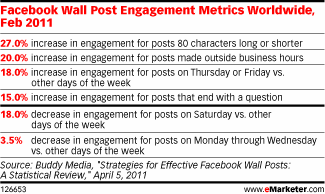

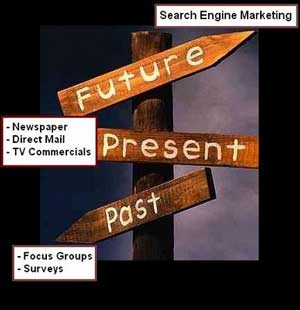 Internet marketing is very different than the kind of marketing my Grandpa and family did when I was growing up.
Internet marketing is very different than the kind of marketing my Grandpa and family did when I was growing up.
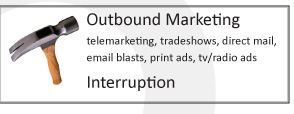 Interruption marketing is more commonly known as advertising. It is where an advertiser finds an activity in which a large group of potential customers are participating (such as watching a TV show or listening to a radio station) and decides to interrupt (they call it sponsorship) that activity with their advertisement. They do this in the hope that someone who is participating in said activity will see or hear their advertisement and be enticed to buy their product or service.
Interruption marketing is more commonly known as advertising. It is where an advertiser finds an activity in which a large group of potential customers are participating (such as watching a TV show or listening to a radio station) and decides to interrupt (they call it sponsorship) that activity with their advertisement. They do this in the hope that someone who is participating in said activity will see or hear their advertisement and be enticed to buy their product or service.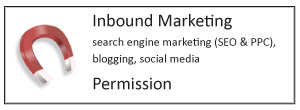 So today, SEO involves a lot more than just filling in the “keyword” meta-tag for your web pages. In fact, it doesn’t involve the “keyword” meta-tag at all. Today’s SEO is about “inbound” or permission marketing. You must provide relevant content on your website and social media sites. This content will serve as a magnet to potential customers who are searching for what you have to offer. Don’t bait and switch. Present yourself as an expert in your field. Start a blog.
So today, SEO involves a lot more than just filling in the “keyword” meta-tag for your web pages. In fact, it doesn’t involve the “keyword” meta-tag at all. Today’s SEO is about “inbound” or permission marketing. You must provide relevant content on your website and social media sites. This content will serve as a magnet to potential customers who are searching for what you have to offer. Don’t bait and switch. Present yourself as an expert in your field. Start a blog.
 The line between SEO and Social Media is becoming more blurred all the time, especially with the socialization of Google (discussed in our previous post
The line between SEO and Social Media is becoming more blurred all the time, especially with the socialization of Google (discussed in our previous post 